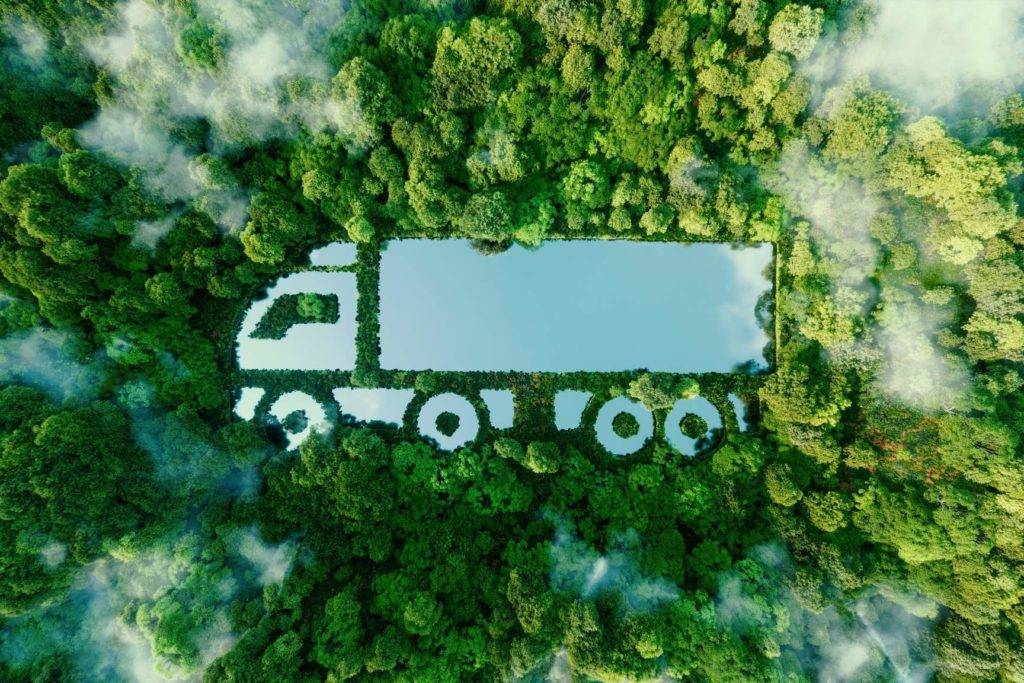Road freight transport is an essential pillar of our globalized economy, but it also generates a significant share of the greenhouse gas emissions responsible for global warming. Today, decarbonization of this sector has become a top priority to limit harmful environmental impacts. In this article, we will explore the challenges of decarbonizing road freight transport and the innovative solutions that are helping to transform this industry.
Observation :
Trucks account for a significant share of CO2, nitrogen dioxide (NOx) and fine particulate emissions. Continued growth in global trade and dependence on fossil fuels is increasing this carbon footprint. However, progress has been made in recent years with the emergence of green technologies and sustainable practices.
Technical solutions:
There are multiple technical solutions to decarbonize road freight transport. One of the most promising approaches is the electrification of truck fleets. Electric trucks significantly reduce CO2 emissions and local pollutants. Advances in battery technology and fast charging infrastructure are helping to make this technology increasingly viable.
In parallel, the use of alternative fuels such as green hydrogen and biogas is also growing. These fuels reduce CO2 emissions while providing similar range to traditional fuels.
Collaborations and regulations:
Decarbonizing road freight transport requires a comprehensive approach. Governments, businesses and international organizations are working together to put in place regulations to reduce emissions. Financial incentives and stricter standards are being put in place to encourage the adoption of clean technologies and infrastructure transformation.
Decarbonizing road freight transport is a major challenge to preserve our planet. Emerging technologies and sustainable practices offer concrete solutions to reduce greenhouse gas emissions while maintaining the efficiency and competitiveness of the sector. By supporting these initiatives and learning about the advances, we can all help shape a more environmentally friendly future.
Find other interesting articles on our blog or on our LinkedIn page!

